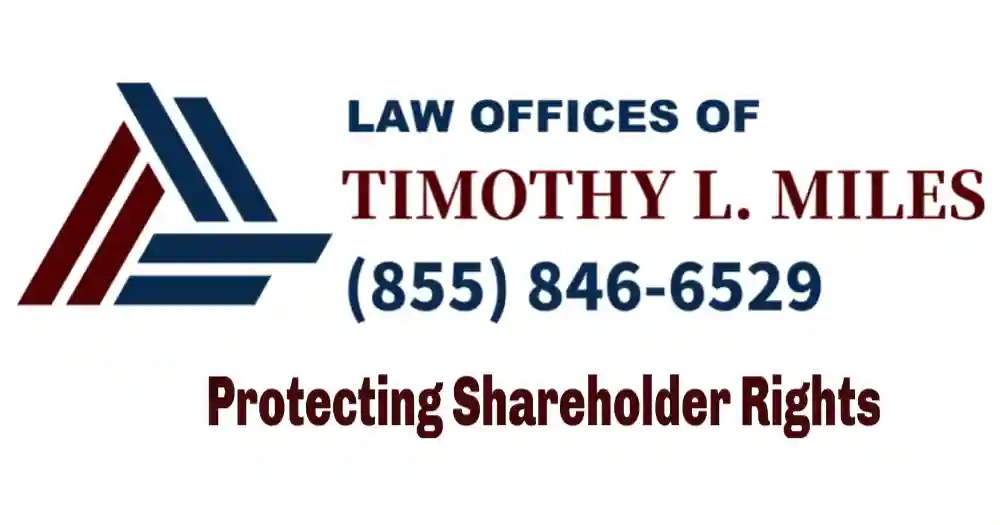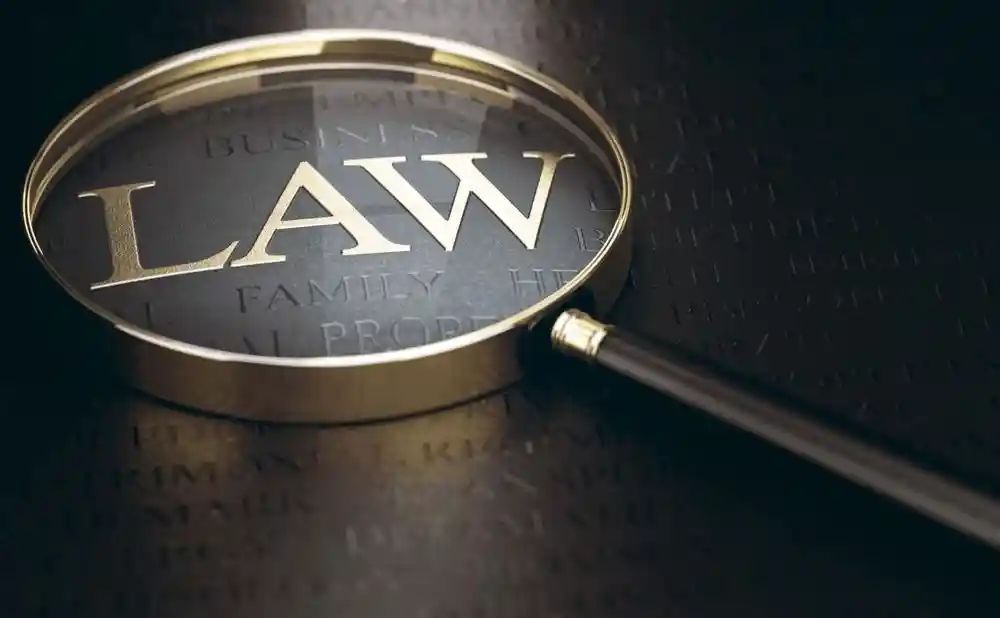Introduction
The landscape of securities litigation has undergone a significant transformation recently. One area of note is how courts are viewing forward-looking statements. These statements, which often include projections about a company’s future performance, have become a focal point for both regulatory bodies and investors.
As companies increasingly share their expectations regarding financial outcomes, they face heightened scrutiny and potential legal repercussions if those projections do not materialize. This article will address the increased scrutiny surrounding forward-looking statements, the legal frameworks that govern them, and the implications for companies facing this challenging environment.
Understanding Forward-Looking Statements
Forward-looking statements are assertions about future events or performance that are inherently uncertain. These statements can encompass a wide range of topics, including anticipated revenue, market trends, and strategic initiatives. While they serve as valuable tools for companies to communicate their vision and objectives, they also expose firms to the risk of litigation if actual results deviate significantly from these projections.
Importance of Forward-Looking Statements
Forward-looking statements play a crucial role in shaping investor perceptions and guiding decision-making. They provide stakeholders with insights into a company’s strategic direction and potential for growth. However, the reliance on these statements can lead to significant consequences if they are perceived as misleading or overly optimistic or simply false.
Legal Framework Governing Forward-Looking Statements
The legal landscape surrounding forward-looking statements is primarily shaped by the Private Securities Litigation Reform Act (PSLRA) of 1995. This legislation was enacted to curb frivolous lawsuits against companies while encouraging them to share relevant information with investors.
Safe Harbor Provisions
The PSLRA introduced safe harbor provisions that protect companies from liability for forward-looking statements, provided certain conditions are met. To qualify for this protection, a forward-looking statement must:
- Be identified as such.
- Include meaningful cautionary statements that highlight risks and uncertainties that could cause actual results to differ materially from the projections.
Cautionary Statements
Cautionary statements are essential for companies seeking safe harbor protection. These statements must be specific and relevant, outlining the factors that could impact the accuracy of the forward-looking information. Generic or boilerplate language is insufficient and may expose companies to legal challenges.
The Role of the SEC
The Securities and Exchange Commission (SEC) plays a pivotal role in regulating forward-looking statements. The SEC’s guidelines emphasize the importance of transparency and accuracy in disclosures, urging companies to provide investors with a clear understanding of the risks associated with their projections.
SEC Guidelines on Forward-Looking Statements
The SEC encourages companies to adopt a balanced approach when presenting forward-looking statements. This includes:
- Clearly identifying forward-looking statements in communications.
- Providing context and supporting data to substantiate projections.
- Regularly updating disclosures to reflect changing circumstances.
Enforcement Actions
The SEC has been known to take enforcement actions against companies that fail to adhere to these guidelines. Such actions can result in significant penalties and reputational damage, underscoring the importance of compliance.
Increased Litigation Risks
As the scrutiny of forward-looking statements intensifies, companies face heightened litigation risks. Investors are more likely to file lawsuits if they believe that a company’s projections were misleading or not adequately supported by cautionary statements.
The Role of Investors
Investors also play a critical role in the ecosystem surrounding forward-looking statements. Their expectations and reactions can significantly influence corporate behavior and disclosure practices.
Investor Expectations
Investors increasingly demand transparency and accountability from companies regarding their forward-looking statements. They expect:
- Clear communication of risks associated with projections.
- Regular updates on performance relative to stated goals.
Legal Recourse for Investors
In cases where investors believe they have been misled by forward-looking statements, they may pursue legal action. This underscores the importance of companies maintaining high standards of accuracy and transparency in their disclosures.
Conclusion
The increased scrutiny of forward-looking statements and projections in securities litigation reflects a broader trend toward greater accountability and transparency in corporate communications. As companies navigate this complex landscape, they must prioritize compliance with legal frameworks, adopt best practices for disclosures, and remain attuned to investor expectations. By doing so, they can mitigate litigation risks and foster trust with their stakeholders, ultimately contributing to long-term success in an increasingly competitive environment.
John Herman. Chairman
Herman & Jones LLP
3424 Peachtree Road NE
Suite 1650
Atlanta, Georgia 30326
404.504.6500
404.504.6501 (fax)
Email: [email protected]
Website: www.hermanjones.com
About the Author:
John Herman is the Chairman and a founding partner of Herman Jones LLP. His practice focuses on complex civil litigation and licensing, with a particular emphasis on high technology matters. His experience includes securities, patent, antitrust, data breach, whistleblower, and class action litigation. John also has significant first-chair trial experience, handling numerous cases through verdict in both federal and state courts. He has been named a Super Lawyer numerous times and was ranked on the “Top 100” Georgia Super Lawyers list. Additionally, he was listed as one of “Georgia’s Most Effective Lawyers” by Legal Trend magazine and was voted by peers as one of Atlanta Magazine’s 2017 Top Lawyers in Georgia. In 2018, John was elected as a Fellow of the American Bar Foundation.
John graduated first in his class with a Bachelor of Science degree summa cum laude in Biochemistry from Marquette University. He earned his Juris Doctor degree from Vanderbilt University Law School, where he was Editor-in- Chief of the Vanderbilt Journal and chosen as a John Wade Scholar. John has also served as a member of Vanderbilt University’s Law School Board and on the Federal Circuit’s Government Employees’ Pro Bono Committee.



